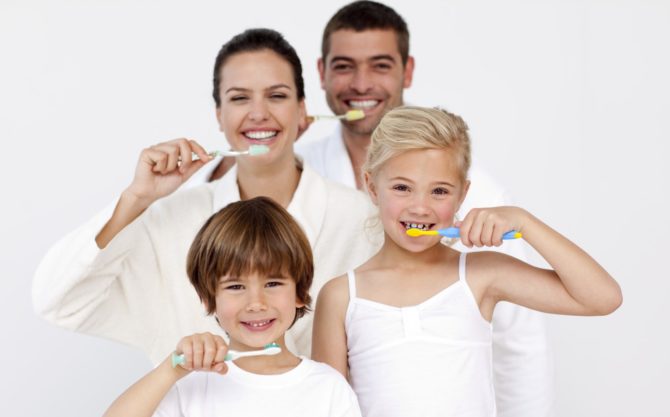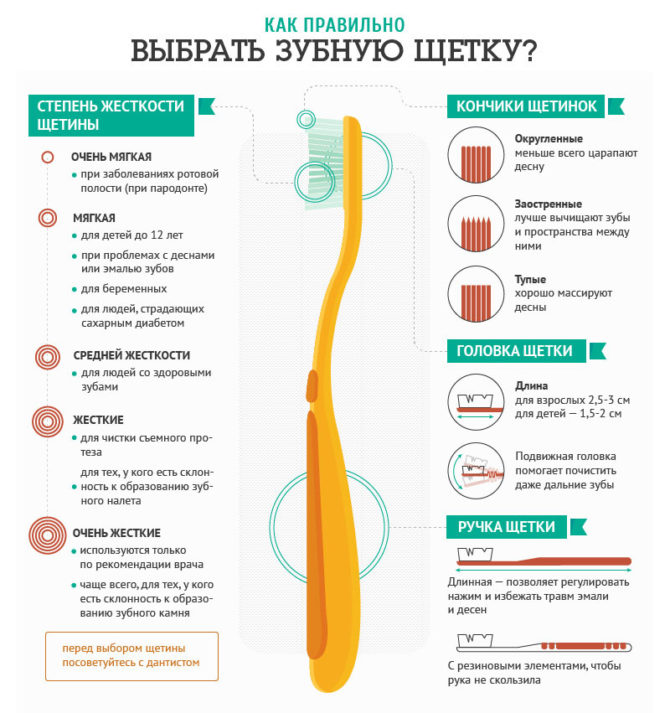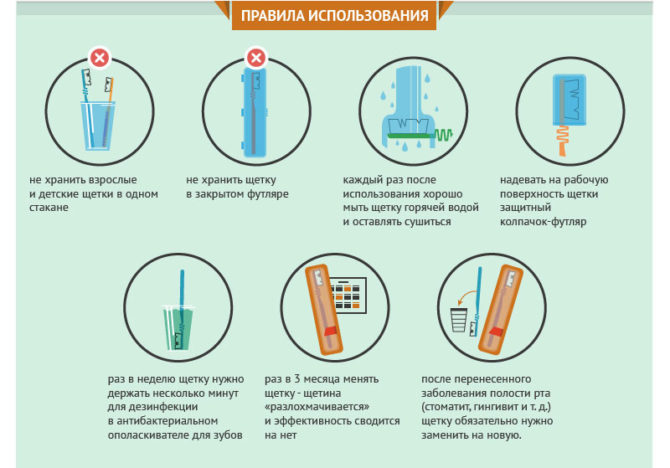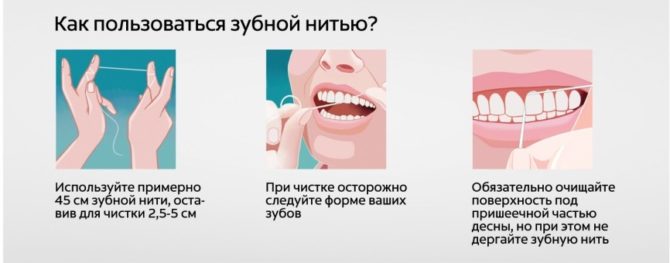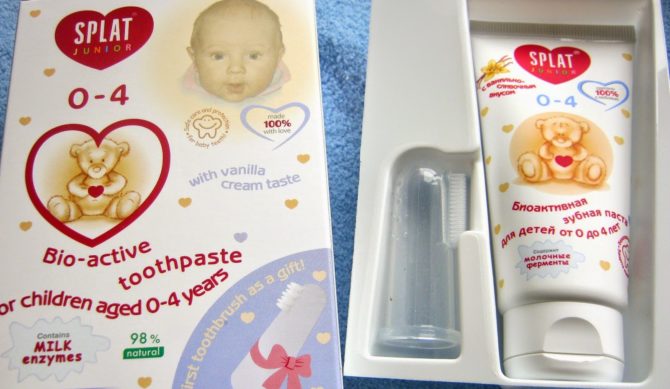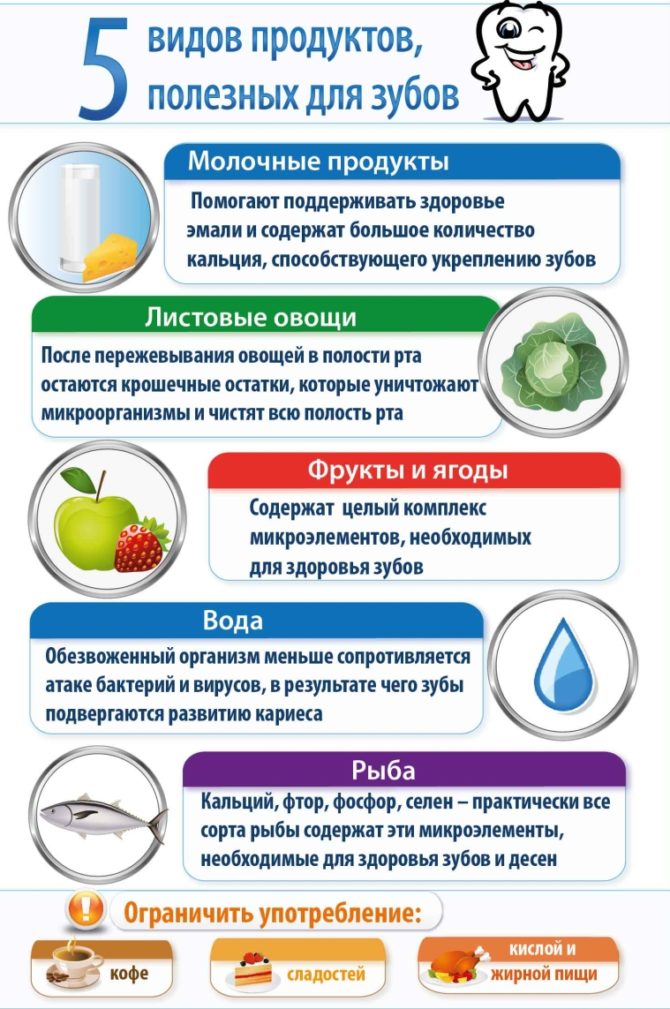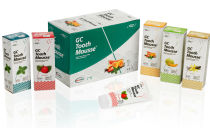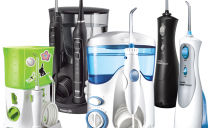How to care for your teeth: tips and tricks
Daily dental care is a way prevent the development of many dangerous diseases. Despite the fact that periodic examinations by the dentist are required, the patient should do the main work to combat caries at home. It matters not only the regularity of the procedures, but also the correctness of their implementation and the quality of the accessories for the care of the oral cavity. The article contains basic information on how to properly care for your teeth at home to avoid problems.
Content
Choice of dental supplies
To care for the oral cavity, a huge amount of equipment, accessories and accessories for every taste is produced. The correct choice of such devices is a guarantee that the teeth will be cleaned of residues of food, plaque and pathogenic bacteria.
Toothbrushes
When buying a toothbrush, first of all pay attention to its rigidity. There are three types of brushes:
- hard - designed to clean dentures;
- medium hardness - suitable for most people;
- soft - made for children and people with increased sensitivity of the gums.
Dentists recommend choosing an electric toothbrush. Unlike mechanical cleaning, it qualitatively eliminates plaque in hard-to-reach places and interdental space. Its cost is higher than the price of a mechanical brush, and the batteries must be replaced every 1-3 months. Instead of a battery, the power source can be a battery that you must remember to charge.
On the back, most brushes have a special ribbed tongue cleaning surface. It is better to opt for such a brush, otherwise you will have to additionally purchase a tongue scraper.
Toothpastes
Proper dental care necessarily includes the selection of a suitable toothpaste. It is worth remembering that its quality does not always depend on cost. When choosing a paste, you should focus on the recommendations of the attending physician, as well as individual feelings.
- Fluoride in toothpaste creates additional prevention of caries. However, with fluorosis (an excess of fluoride in the body), it is worth choosing another option.
- No need to focus on the whitening properties of the paste. In many cases, the effect promised by the manufacturer cannot be achieved by simply brushing your teeth, and some whitening components can damage the enamel.
After using toothpaste, there should be no unpleasant or painful sensations.
Dental floss
Dental floss, or floss, is the only device for high-quality cleaning of the interdental space. A large number of threads are presented in specialized stores, they are made of various materials and can have different shapes.
- It is better to choose a flat thread that is coated with grease. The lubricant not only prevents injury to the gums, but also contains an antibacterial component.
- Some types of floss contain fluoride, which provides prophylaxis against certain diseases of the oral cavity. The need for the use of such threads is determined by the dentist, with a normal fluoride content in the patient's body, they are useless.
- Threads can be waxed.This is not a prerequisite, but such a floss will be more durable.
- Particular attention should be paid to the material of which the thread is made. Silk threads are more expensive but safe. If the floss contains synthetic components, you should definitely make sure that they do not cause allergies.
When choosing the first thread, it is recommended to stay on a wide waxed floss. It is durable and easy to use.
Mouthwash
Oral fluids, or dental elixirs, can be chosen independently only for the prevention of diseases. The rules of dental care imply the mandatory use of rinse for preventive purposes.
- The main thing that should be guided by when choosing a dental elixir is its composition. It should not contain allergens and act on the oral cavity as gently as possible.
- Rinsers designed to treat a specific disease (gum bleeding) are used only after the appointment of a doctor. They will be useless in the absence of such a problem and will not provide comprehensive prevention against other diseases.
- It is recommended to choose oral fluid in combination with toothpaste: these two products will complement each other's action.
Of all the oral care products, rinse agents have the most pronounced antibacterial effect. With proper use, the fluid enters inaccessible places, cleans interdental spaces, gums and tongue.
How to brush your teeth
Even with the right choice of a complete set of oral care products, problems cannot be avoided if you brush your teeth incorrectly. Dentists have come up with a clear algorithm on how to monitor your teeth so that you do not suffer from tooth decay, periodontitis, tartar or other diseases in the future.
Tooth brushing
A small amount of toothpaste (about 1 cm) is placed on the brush. Next, the brush is parallel to the gum and cleans the lateral surfaces of the dentition, in the direction from the root to the top of the tooth. After that, you can start cleaning chewing surfaces. During the procedure, it is necessary to adjust the pressure on the brush based on your own feelings. Pressing hard can injure the gums.
Toothbrush cleans not only the teeth, but also the tongue and the inner surface of the cheeks. On its back there is a special ribbed surface for gentle cleaning. The brush should be turned this surface to the tongue and pass from its root to the tip.
According to the recommendations of dentists, a toothbrush should be changed once a month so that pathogenic microflora does not accumulate on its surface, and the villi do not break.
Flossing
When the teeth are cleaned with a brush, you must thoroughly rinse your mouth with water and begin cleaning the interdental spaces. To do this, use a small part of the floss (25-30 cm), which is wound on the index fingers of both hands. The thread is pulled between the teeth starting from the front and gradually shifting to the back. It is very important to use a new area for each gap so as not to spread the infection.
After thorough mechanical brushing of the teeth with a brush and floss, you can proceed to the next stage - rinsing the oral cavity with a special liquid. Gather 1 tablespoon of rinse and rinse all areas of the mouth for 2-3 minutes.
The whole complex of procedures takes no more than 10 minutes twice a day: in the morning after a meal and before bedtime. If you conduct them carefully and regularly, monitor the condition of the oral cavity and make an appointment with a dentist in time, you can keep your teeth healthy at any age.
Recommendations for parents
Parents should know how to properly care for the teeth of children of any age. The first procedures begin to carry out at 6-7 months, when the baby has the first tooth. Cleaning at this age differs from a full-fledged procedure in adults, it should be as gentle as possible so as not to injure the gums.
It’s too early to use a brush and paste, for this you can use gauze. The stores also offer special wipes for cleaning the first milk teeth.
The first own brush appears in the child in 2-3 years, when dentitions are cut. At this age, you can begin to teach him the correct use of dental accessories and accustom to the schedule of oral hygiene. Many children do not like this procedure: in this case, it is important to explain the consequences of improper brushing of teeth in time and to encourage the child for diligence.
The rules of daily dental care for children are important information that parents should convey to their child. By the age of 5–6, preschoolers should already know what caries is, how dangerous it is and how it can be avoided. The first few years, the procedure is under the control of the parents, then the child begins to realize the importance of proper care for baby teeth, and his fine motor skills are so developed that he can brush his teeth qualitatively.
You need to start monitoring the health of our teeth from childhood, but home procedures are not enough. At regular examinations, the dentist checks not only the condition of the enamel and gums, but also the correct location of the dentition and individual teeth, their shape, and particular bite.
The choice of dental supplies for the child
It’s best to get a baby brush. She must be as soft as possible and not cause discomfort during the procedure. The head of the brush should not cover more than three teeth - in children's options, its size does not exceed 2 cm. Before first use, it is recommended to place it once in boiling water so that no pathogens remain on its surface. Once a week, you can disinfect the brush again. The child can be interested in brushes that are made in the form of animals or cartoon characters.
Toothpaste for the baby should be hypoallergenic. It is better to choose products from a trusted manufacturer, on the packaging of which the composition and age restrictions are indicated. Pastes for different age categories differ in terms of abrasiveness and fluorine content.
| Age | Abrasiveness | Fluoride content |
|---|---|---|
| 0—4 | No more than 20 units | No more than 200 ppm |
| 4—8 | No more than 50 units | No more than 500 ppm |
| 8—14 | No more than 50 units | No more than 1400 ppm |
It is recommended to take the child to the dentist so that he explains and clearly shows how to care for your teeth so that there is no caries in the future. A visit to a specialist should not be associated with negative impressions, therefore, in the arsenal of children's dentists there are a large number of brochures, photo and video materials made in a playful manner. At a conscious age, the child is warned in advance about the upcoming trip to the dentist and explain the purpose of the visit.
What you need to know about nutrition
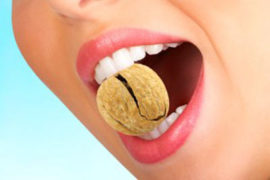 Even if you know exactly how to care for your teeth, and follow all the rules - problems can arise due to improper diet. Dentists general recommendations regarding proper nutrition:
Even if you know exactly how to care for your teeth, and follow all the rules - problems can arise due to improper diet. Dentists general recommendations regarding proper nutrition:
- Food should be at room temperature. Too cold or hot products provoke the formation of microcracks in the enamel, which are then filled with pathogenic bacteria. At the same time, cold and hot food is especially harmful.
- Be sure to keep track of to chew food evenly on both sides. The habit of chewing only on the right or left side can cause uneven abrasion of the tooth surfaces and thinning of the enamel.
- Solid foods need to be eaten very carefullyso that there are no cracks in the enamel. Particularly careful should be chewed with fruit filling, which can come across strong bones.
The dentist can consult in detail about how to properly monitor your teeth with the help of a diet.
Healthy foods
In the diet, dishes with a high content of vitamins and minerals must be present:
- Calcium, necessary for the formation of bone tissue, is present in dairy products, vegetables and fruits;
- Vitamin D is found in fish oil, liver, it can help calcium be absorbed in sufficient quantities;
- useful trace element phosphorus (found in legumes, meat, fish, soy, vegetables) strengthens the enamel;
- fluorine protects teeth from the development of caries, you need to monitor its concentration in drinking water.
Dishes to maintain oral health do not contradict the general rules of a healthy diet. It is recommended to make the diet diverse, excluding from it fatty, fried, flour products, flavorings and preservatives.
Harmful products
High sugar content in foods is one of the main causes of tooth decay. Sugar creates optimal conditions for the growth and reproduction of pathogenic bacteria. In order to reduce its negative impact on the condition of the teeth and gums, you need to remember some rules. Such products are recommended to be consumed in the morning, after which brush your teeth or rinse your mouth with a special liquid. The first sign of low-quality getting rid of bacteria is the appearance of bad breath.
Coffee, tea, nicotine provoke the appearance of plaque. If you do not get rid of it on time, there is a risk of tartar, which can only be removed by a dentist using instrumental methods.
The time spent daily on caring for the oral cavity will definitely pay off. If you use only good, high-quality accessories, carry out all the procedures on time, monitor the diet and periodically be examined by the dentist - nothing will stop you from being proud of a dazzling smile. Parents need to explain to their children how to brush their teeth, reward for success and regularly visit a pediatric dentist.

